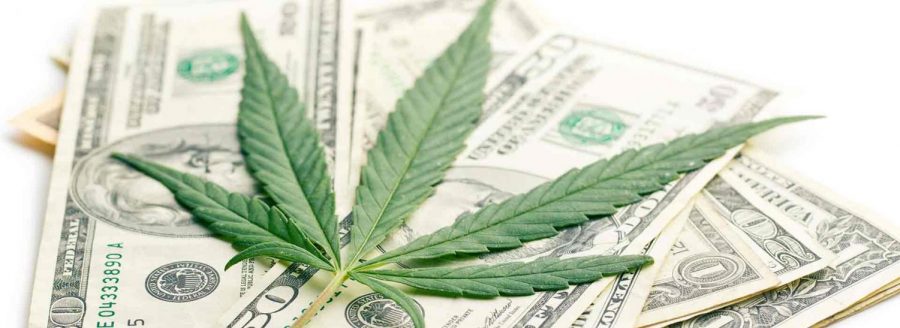Big Pharma, Big Tobacco betting big on legal weed
Major pharmaceutical drug companies are getting involved in legal cannabis, albeit a bit discreetly.
According to recent reports, patents are being snapped up left, right and center, while some pharmaceutical giants are dishing out all their dollar on research and development (R&D). So long as a drug is deemed to have healing properties, it can be produced by Big Pharma.
“Seven of Canada’s top 10 cannabis patent holders are major multinational pharmaceutical companies,” read a report from New Frontier Data that was released in August of 2018.
In fact, within the next two years, the top nine accepted medical conditions for cannabis treatments could earn the pharmaceutical industry $20 billion.
“As more medicinal applications for the plant are discovered, and more physicians and patients integrate cannabis into treatment regimes, the potential impact of cannabis on healthcare will continue to grow for years to come,” claims the Founder & CEO of New Frontier Data, Giadha Aguirre de Carcer.
The British drugs company known for developing Sativex and Epidiolex – GW Pharmaceuticals – claims that its FDA-approved medicine for pediatric epilepsy does not contain the psychoactive constituent THC (tetrahydrocannabinol). Lack of this psychotropic, mind-altering ingredient means that the user cannot get ‘high’ from using the pharmaceutical-grade medicine, which utilizes scientifically-tested cannabis synthesis.
With industry analysts predicting GW’s annual revenue from Epidiolex to range from $1.3B to $2.2B – that’s without considering Sativex, which is approved for medical use in 28 global countries – it’s not surprising that Big Pharma is capitalizing on cannabis legalization.
Big Pharma aren’t the only ones betting on cannabis legalization
More people are interested in consuming cannabis than they once were, thanks to scientific research helping to erase the plant’s negative stigma.
Not so long ago, one of the biggest tobacco product producers, Altria, revealed it would be funneling $12.8 billion into JUUL.
 Who is JUUL? A dominating brand in the e-cigarette space, the company has clawed its paws into 68 percent of the e-cig market. Boasting an immense presence in the market meant that the investment was an easy decision for Altria.
Who is JUUL? A dominating brand in the e-cigarette space, the company has clawed its paws into 68 percent of the e-cig market. Boasting an immense presence in the market meant that the investment was an easy decision for Altria.
Totaling $12.8 billion, the deal emerged a week after the maker of Marlboro put $1.8 billion into Canadian cannabis cultivator Cronos.
It’s quite interesting to witness a surge in cannabis investments from Big Tobacco and Big Pharma. After telling the nation that nicotine is non-addictive decades ago – before discovering that it was – the move does seem a bit risky.
Notwithstanding, a mere nine percent of cannabis consumers are said to develop any kind of addiction and so, 420 investors could be onto something.








